Special Report
21 Misconceptions About Down Syndrome That Need Correcting

Published:
Last Updated:

Down syndrome, a condition that affects 1 in 700 babies born each year in the United States, and more than 300,000 children, teens and adults who live with it daily, is often misunderstood. Among the misconceptions are that people with Down syndrome cannot lead full lives, which include having strong, loving relationships, receiving an education, engaging in satisfying work, living on their own and experiencing relatively good health. Largely, none of these misconceptions are true.
24/7 Tempo reviewed information provided by organizations like the National Down Syndrome Society and the Centers for Disease Control to identify some of these misconceptions and understand the truth behind them.
Down syndrome is the most common chromosomal disorder in the country. Specifically, it means that the child has an extra copy of chromosome 21, which leads to some physical and mental abnormalities. While Down syndrome cannot be prevented, pregnant women can be screened for the condition in their unborn child to determine whether the condition exists. While this is not a necessary test,, here are some other medical tests every woman should have and when.
People with Down syndrome can have such physical and mental challenges as loose joints and low muscle tone that can make activity more difficult and sometimes painful, and an IQ lower than the population at large. But these challenges can be met by receiving support from their parents and loved ones, regular help from the appropriate medical professionals starting at a young age, as well as through extra attention from teachers and counselors. With this help, they can and often do enjoy rewarding lives and can enhance the lives of those around them.
Click here to see 21 misconceptions about Down syndrome that need correcting.

1. Only older parents have children with Down syndrome
A long-standing myth is that only older parents have children with Down syndrome. What is true is that the chances of having a baby with Down syndrome are higher for mothers 35 or older. However, according to the Centers for Disease Control and Prevention, some 80% of children with Down syndrome are born to mothers younger than 35 simply because that is when most women become mothers and there are many more births among women younger than 35.
[in-text-ad]

2. People with Down syndrome have debilitating mental retardation
Children with Down syndrome have the capacity to learn and attend both regular and special schools, but they may need extra help and take longer to master a subject than those who do not have the syndrome. Many individuals with Down are high-functioning.
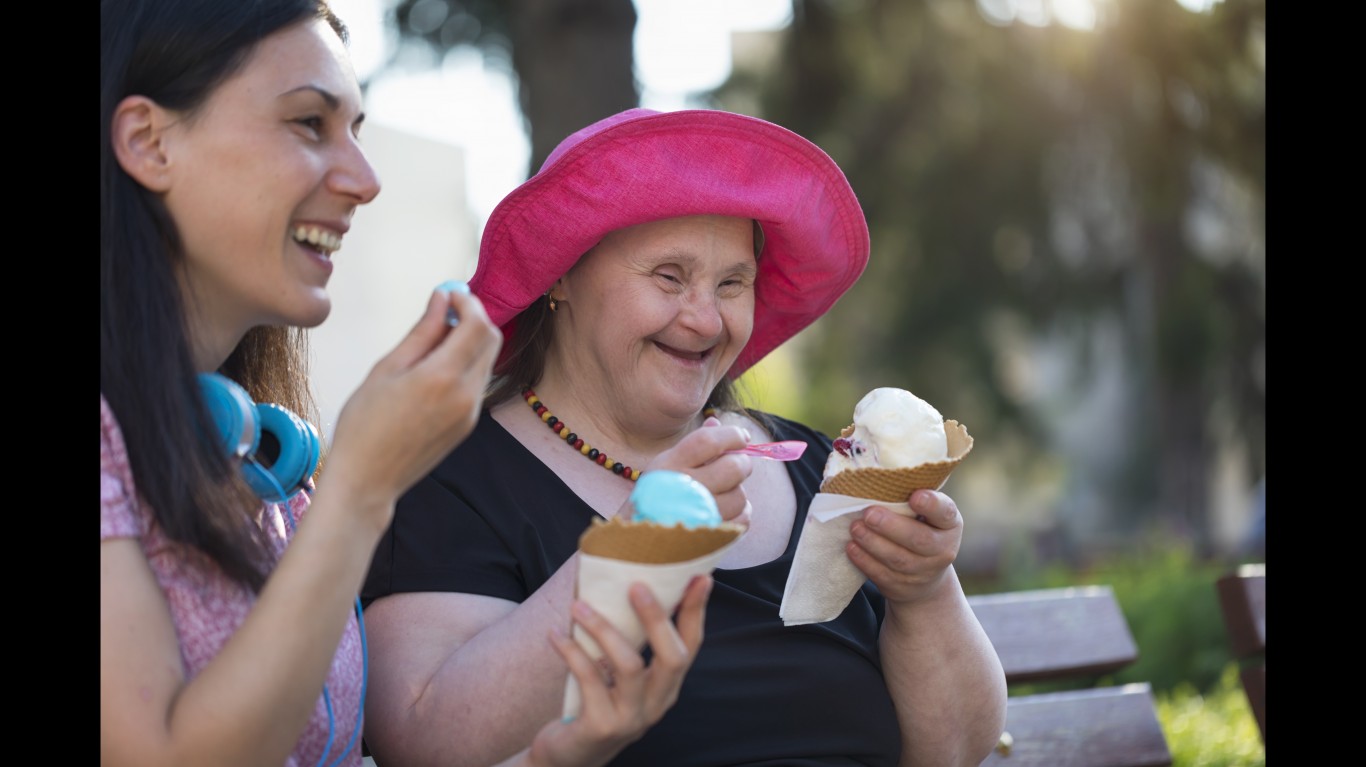
3. People who have Down syndrome always die young
People with Down syndrome tend to face more health problems, and generally live shorter lives than those born without the condition. The average lifespan for people in the U.S. with Down syndrome is approximately 60 years. But with care and healthy behavior, many adults with Down syndrome live even longer, and some have lived into their 80s.

4. People who have Down syndrome cannot walk or play sports
Those with Down syndrome can both walk and play sports. In fact, some participate in the Special Olympics and also take part in the Dare to Play camps, which are sponsored by the Down Syndrome Foundation that encourages sports and other activities for children with Down syndrome.
However, it is important that parents of children with Down syndrome start them young with regular physical therapy so that they develop their gross motor skills. Due to certain physical characteristics associated with Down syndrome, the children may have hypotonia (low muscle tone), ligamentous laxity (looseness of the ligaments that causes added joint flexibility) and less overall strength. Physical therapy can help with all of those conditions.
[in-text-ad-2]

5. People with Down syndrome can’t go to regular public schools
This is not only not true, but in fact the federal Individuals With Disabilities Education Act requires that public schools provide education for children with Down syndrome. Not only does attending public schools help children with Down syndrome develop their intellectual and social skills, but studies have shown that having children with that disability in a classroom helps with the development of other children in the classroom.
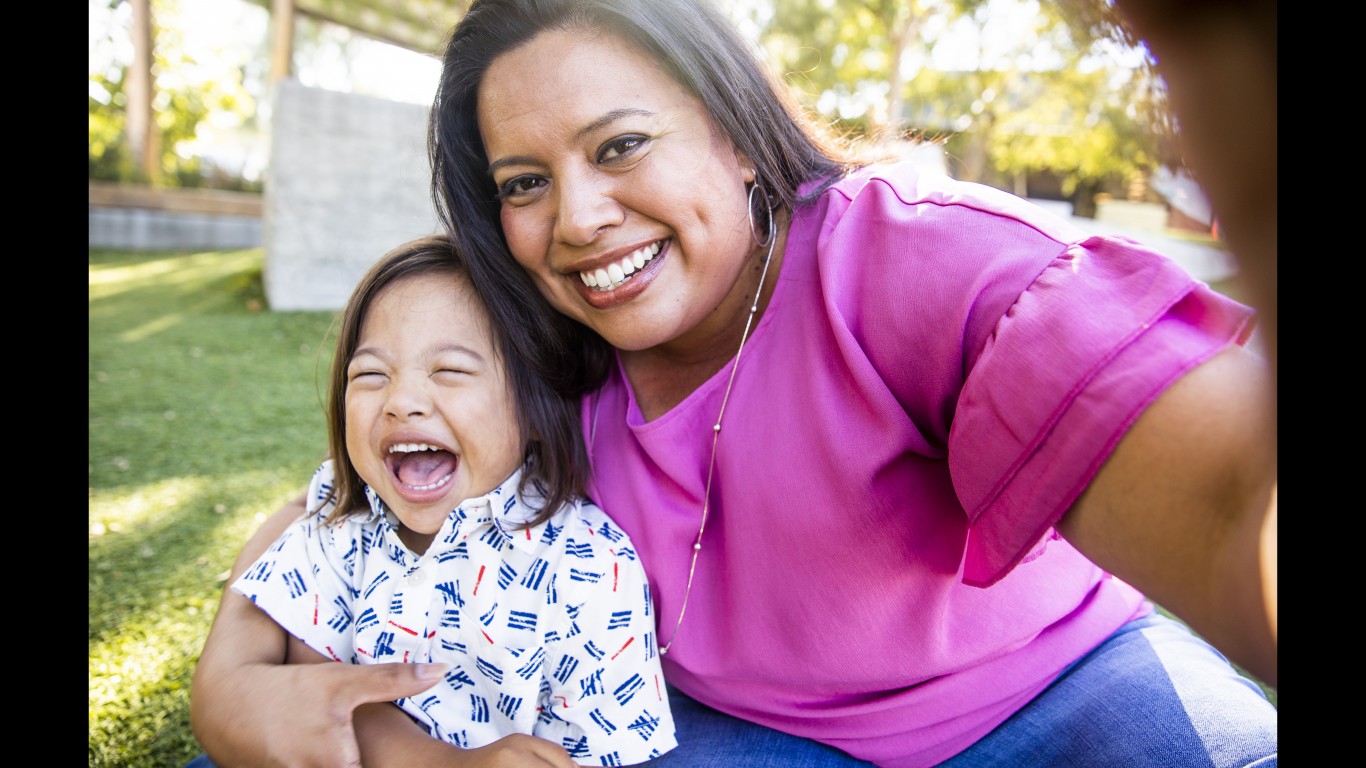
6. People with Down syndrome all look alike
The truth is children with Down syndrome look more like their families than they do other children with the same condition. However, many, but not all, children with Down syndrome do have almond-shaped eyes and tend to be short in stature. There are also variations such as Mosaic Down syndrome, where the physical traits only manifest in some parts of the individual.
[in-text-ad]
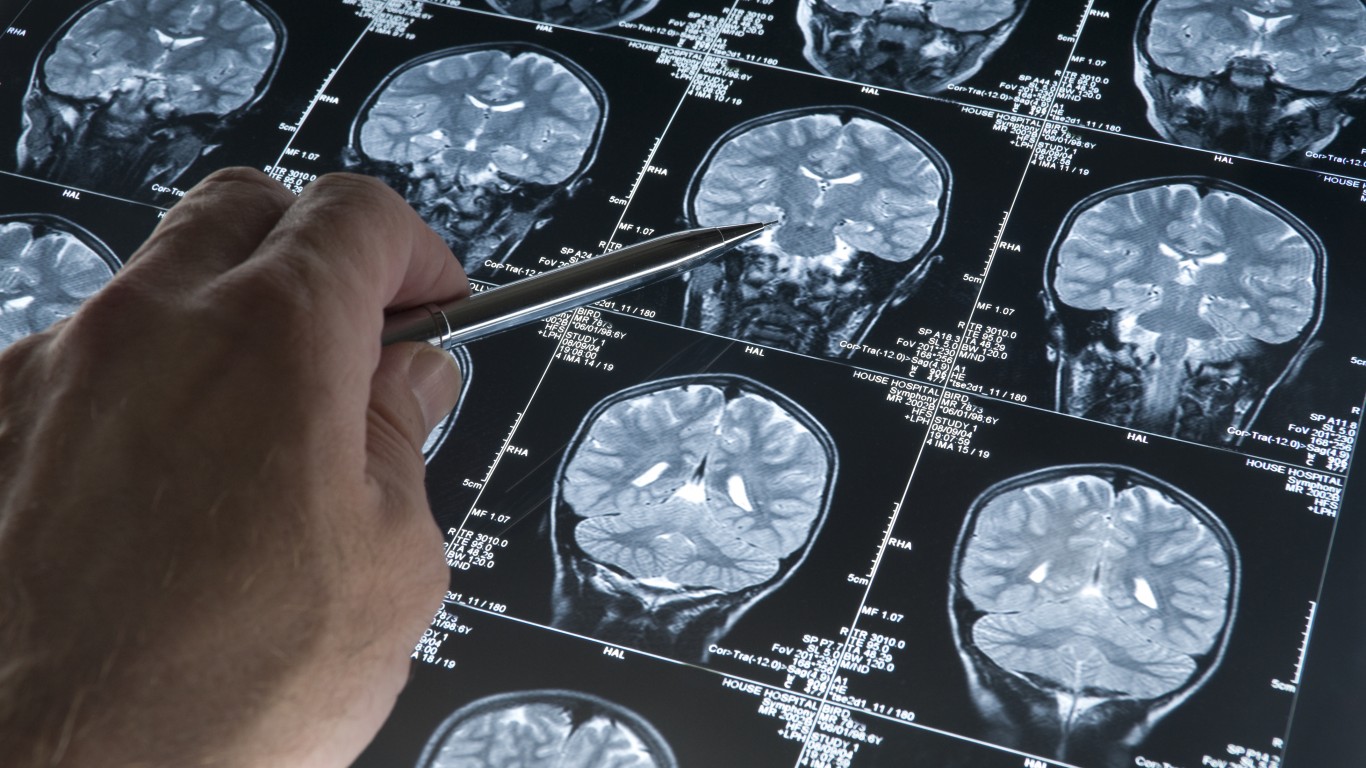
7. All people who have Down syndrome will develop Alzheimer’s disease
Some, but not all, people with Down syndrome may develop Alzheimer’s disease, but it’s not a given. According to the national institute of aging, about half of people with Down syndrome will develop Alzheimer’s as they age.

8. Adults who have Down syndrome cannot live independently or get jobs
A growing number of people with Down syndrome live on their own with the help of either family or the state (a small group need no extra help), and many also work for a living.
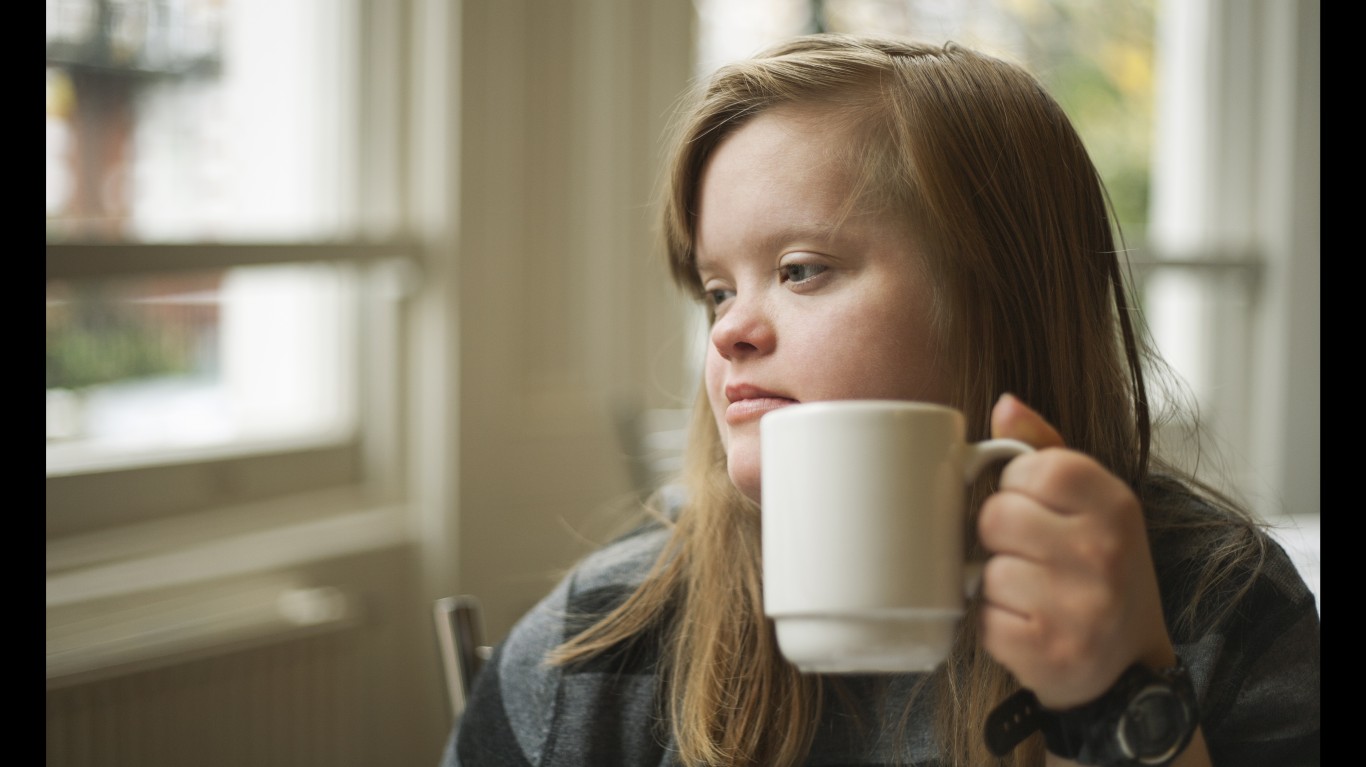
9. People who have Down syndrome are always happy
People with Down syndrome, like all people, go through emotional ups and downs. Unfortunately, their emotional needs often go undertreated.
[in-text-ad-2]

10. Down syndrome is a rare genetic disorder
Down syndrome is the most common chromosome-related disorder in the United States. One in 700 babies, or 6,000 each year, are born with Down syndrome nationwide.

11. Down syndrome is not treatable
The conditions associated with Down syndrome — gastrointestinal, vision and hearing problems, heart disease, thyroid abnormalities, lower IQ, autism, and Alzheimer’s disease — can mostly be treated by the relevant specialists.
[in-text-ad]

12. People with Down syndrome will need to live at home with their parents the rest of their lives
This is not a universal truth by any stretch. Some Down syndrome people can live on their own with outside help, and some with no help at all. Some people with Down syndrome also marry and live with their spouses.

13. Babies with Down syndrome can’t breastfeed
Babies with Down syndrome can indeed be breastfed. In fact, it is highly recommended by doctors because of the many health and emotional benefits breastfeeding can have on both mother and child.
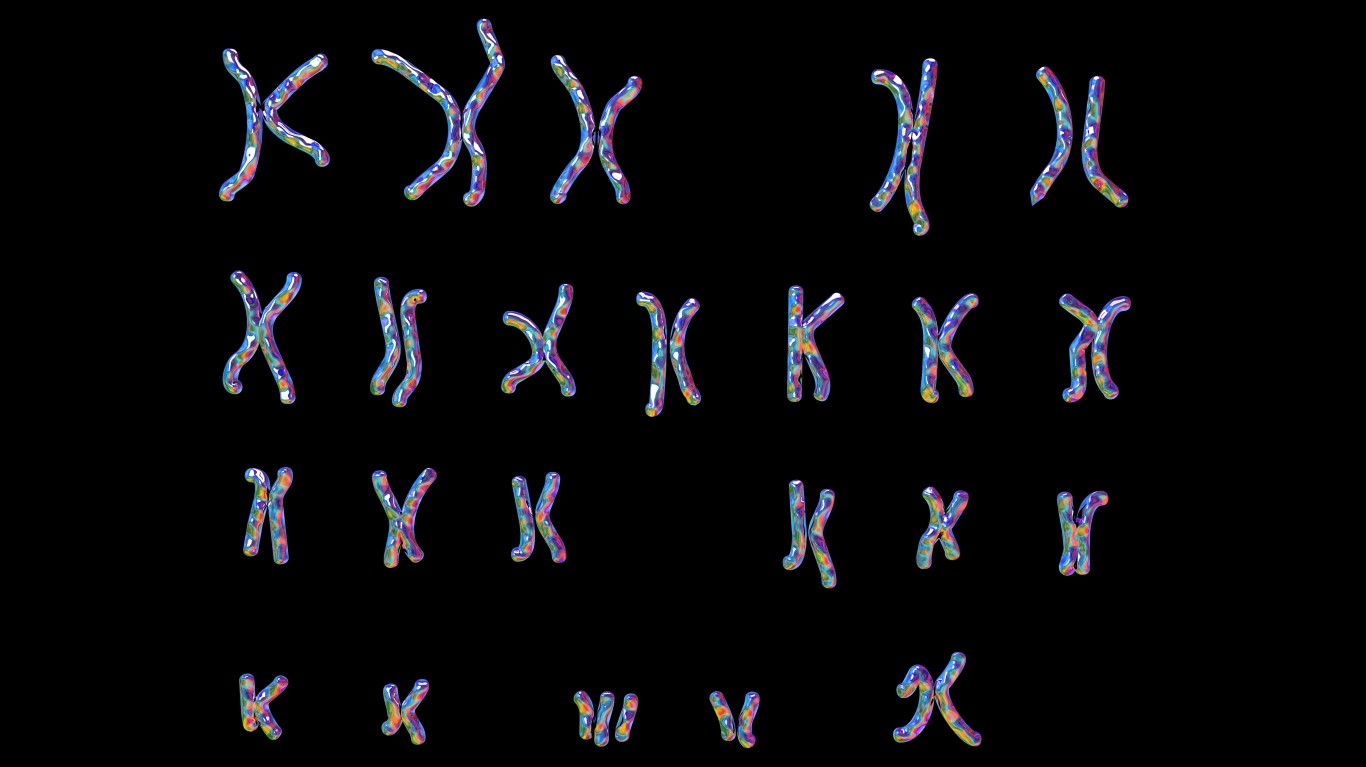
14. Down syndrome can be caught
Down syndrome is not contagious. It happens when a baby is born with extra genetic material from chromosome 21, which usually results in an extra chromosome.
[in-text-ad-2]
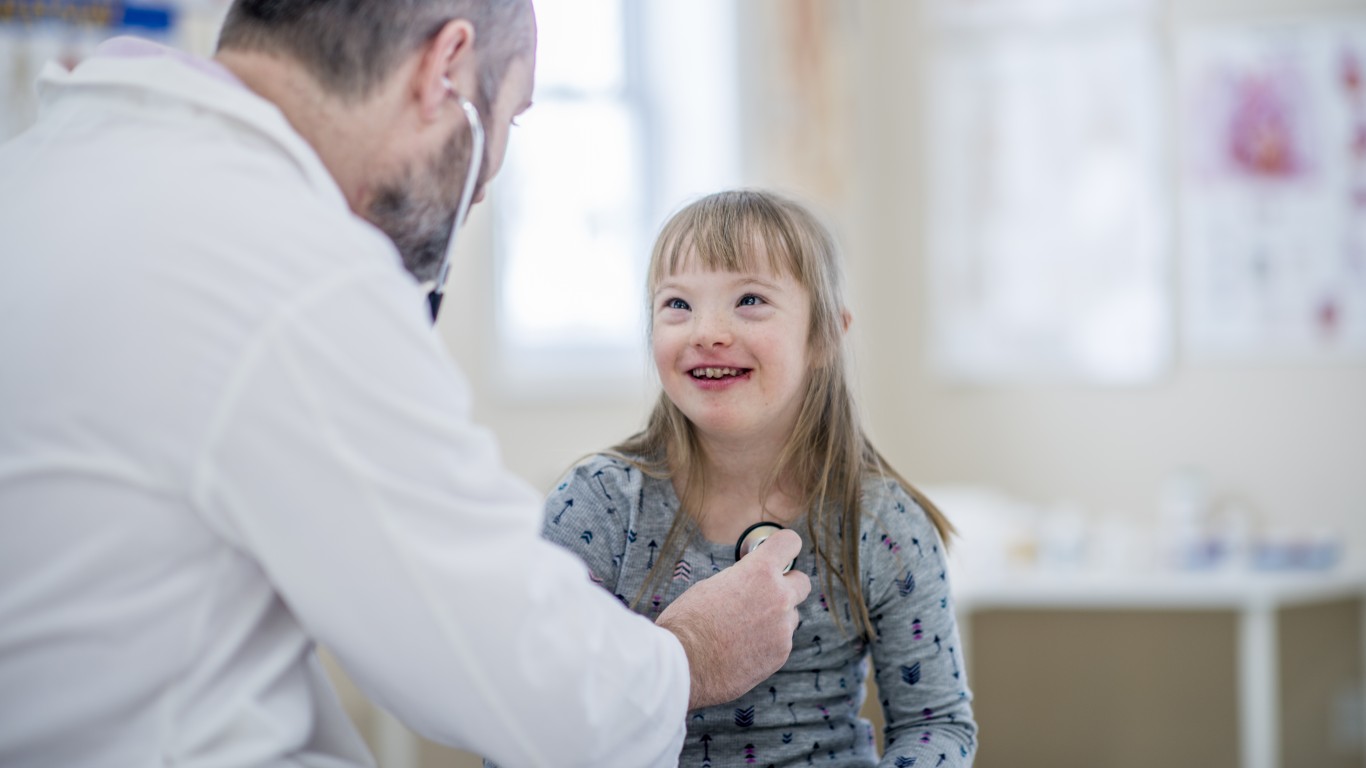
15. Down syndrome can be cured
Down syndrome cannot be cured, but the physical and emotional symptoms can be treated so that people with Down syndrome can lead a fulfilling life.

16. Down syndrome is hereditary
Most cases of Down syndrome aren’t hereditary. In some cases, however, a child can inherit the condition from a parent who carries a certain rearrangement of genetic material called a balanced translocation. In the child, the arrangement can become unbalanced, leading to extra genetic material and Down syndrome.
[in-text-ad]

17. People with Down syndrome can’t have a successful career
That is not true. Those with Down syndrome have thrived in a number of jobs, including working outdoors with their hands, attending a front desk at an office, and working as a barista in a coffee shop.

18. People with Down syndrome can’t have romantic relationships
This couldn’t be further from the truth. Some people with Down syndrome form romantic ties and marry.

19. People with Down syndrome can’t read or write
Although people with Down syndrome typically have a lower IQ than the population at large, they are able to learn to read and write and master other skills.
[in-text-ad-2]
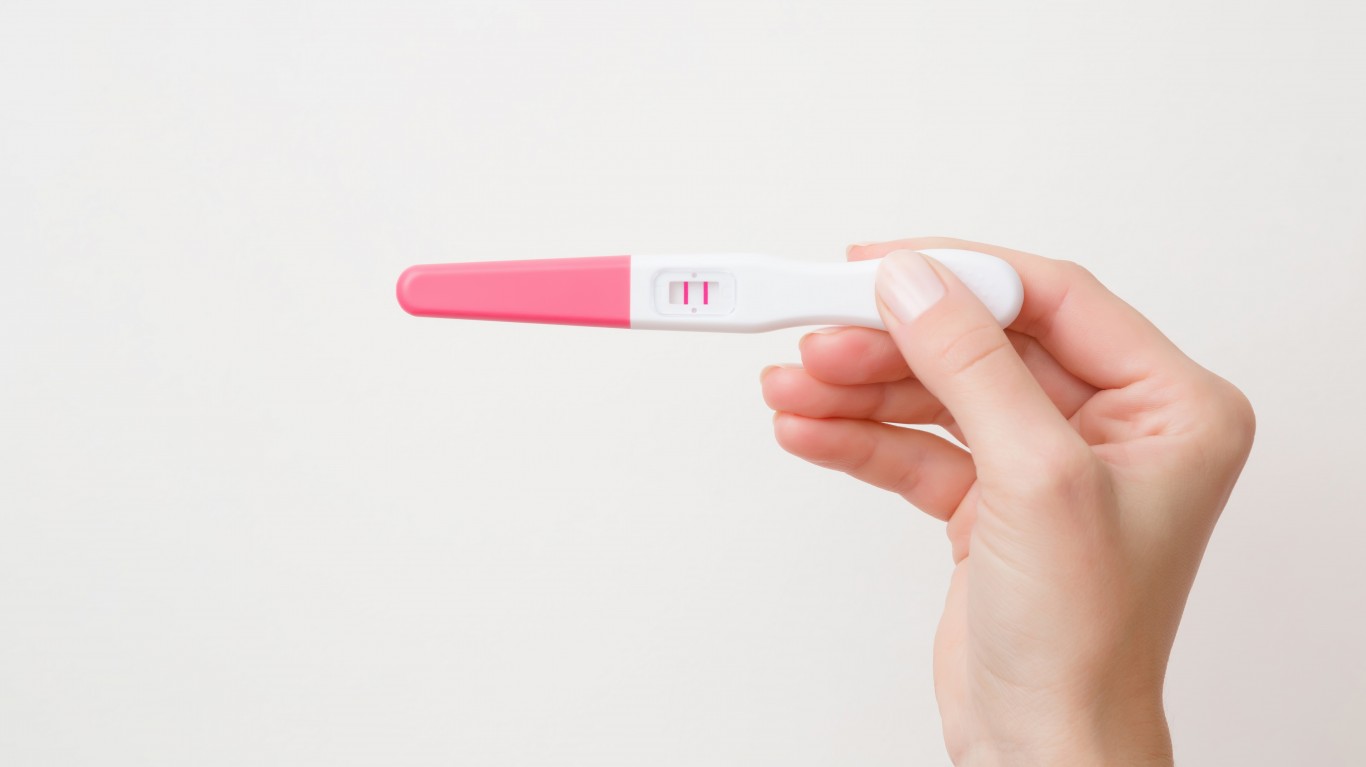
20. People who have Down syndrome cannot have children
About half the women with Down syndrome are fertile, but that number is lower among men with the condition. Despite the lower fertility, men and women with Down syndrome conceive children. Experts recommend that couples with Down syndrome use contraceptives unless they have decided to try to have children. Parents with Down syndrome have a 30% to 55% chance of having a child with the condition.
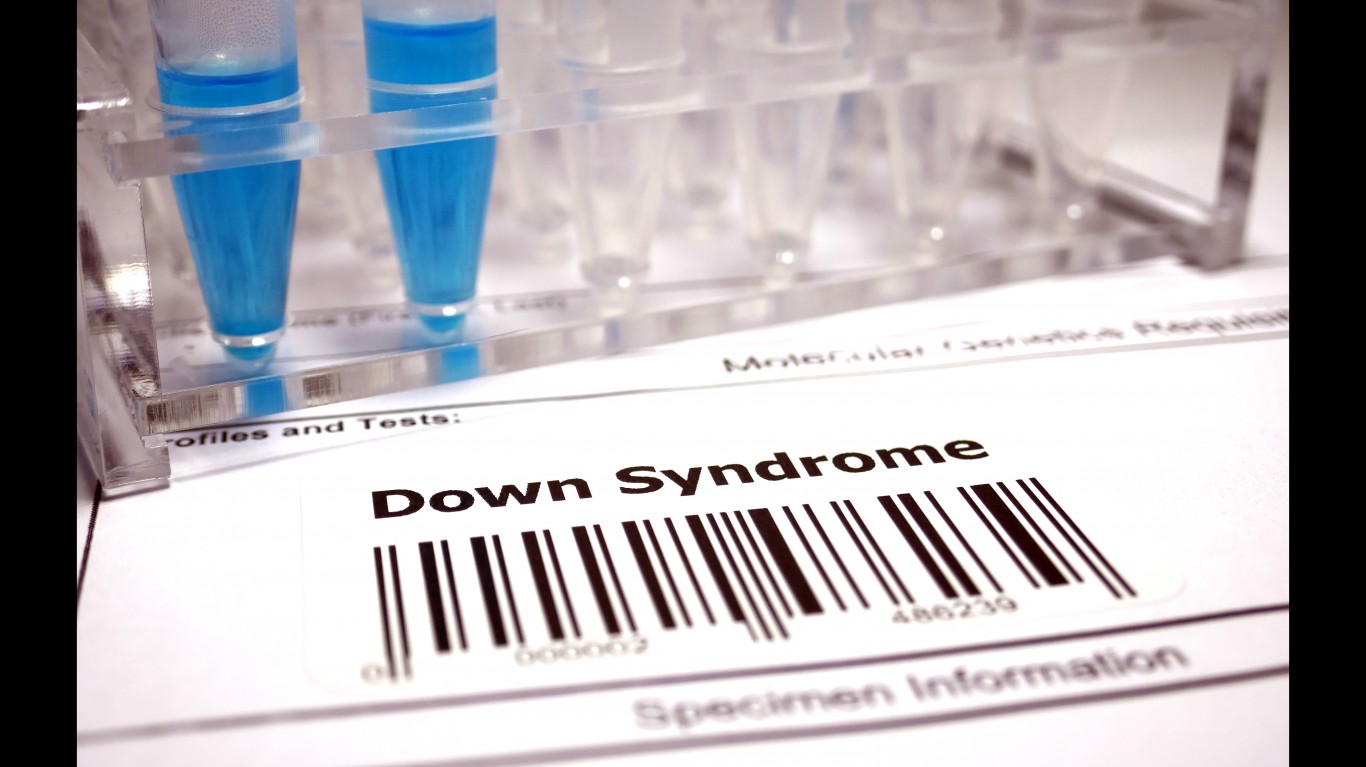
21. Down syndrome is a flaw that needs to be screened out
As covered in this piece, people with down syndrome can live rich, happy, and fulfilling lives with the proper support. While parents face some additional obstacles raising a child with Down syndrome, many find they have fulfilling, loving relationships they would never replace.
Are you ahead, or behind on retirement? For families with more than $500,000 saved for retirement, finding a financial advisor who puts your interest first can be the difference, and today it’s easier than ever. SmartAsset’s free tool matches you with up to three fiduciary financial advisors who serve your area in minutes. Each advisor has been carefully vetted and must act in your best interests. Start your search now.
If you’ve saved and built a substantial nest egg for you and your family, don’t delay; get started right here and help your retirement dreams become a retirement reality.
Thank you for reading! Have some feedback for us?
Contact the 24/7 Wall St. editorial team.